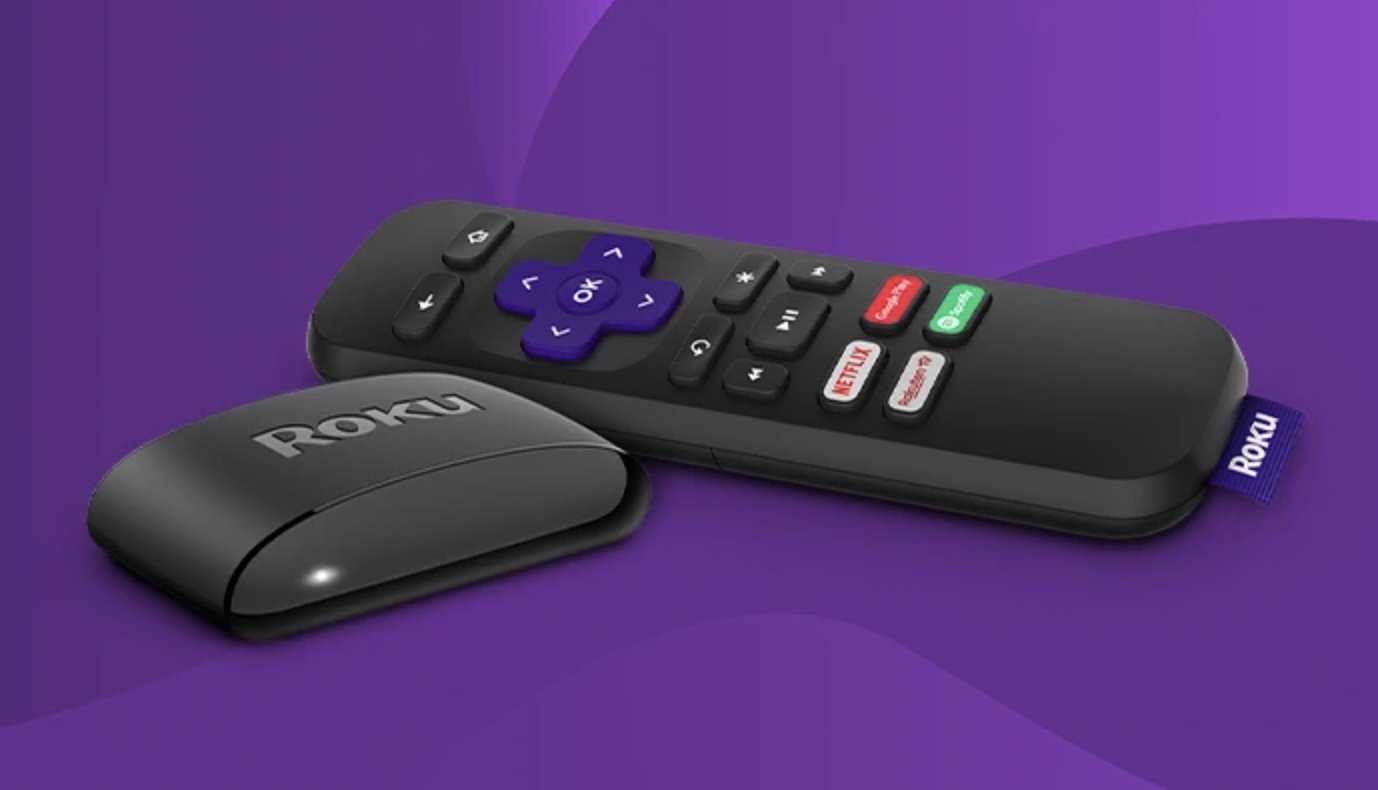YouTube is probably one of the most used apps in mobile devices, smart displays, smart TVs, etc. But Google seems to keep getting in tiffs with various OEMs that sometimes the presence of this video social media service is “endangered” in certain devices. Now it looks like Roku users may lose access to the YouTube app unless they are able to settle their current issue with the tech giant. In fact, Roku is urging its users to urge Google to reach an agreement with them.
According to The Verge, Roku is accusing Google of forcing them into accepting “predatory, anti-competitive, and discriminatory terms” that will cause harm to the company and to its users. Basically, what they are saying is that Google is using their position to provide preferential treatment for the YouTube app and that access to the app for their users will depend on whether or not Roku agrees to their terms.
Some of the demands that Google is reportedly asking for include access to Roku’s consumer data, building a dedicated search results row for YouTube in their platform’s interface, and meeting specific hardware specs that they are asking for. Since Roku is a relatively smaller company, they say that Google is using its “YouTube monopoly position” to get them to agree to the terms.
It’s not really surprising that the two are butting heads as Google has its own hardware, Chromecast if you didn’t know, that competes directly with the Roku device. Roku’s advantage is that it has almost 45% of the set-top box viewing time and so they do have some leverage over apps that want to be included in that. Case in point, HBO Max was criticized for not finalizing a deal with Roku before it officially launched last year.
Google says that they have been trying to reach an agreement with Roku but says the latter “engages in these types of tactics” when it comes to negotiating with other brands. Just like with most of Google’s tiffs with other services, the loser at the end of the day if they don’t reach an agreement is always the consumer. Let’s see how this “stand-off” will end.
